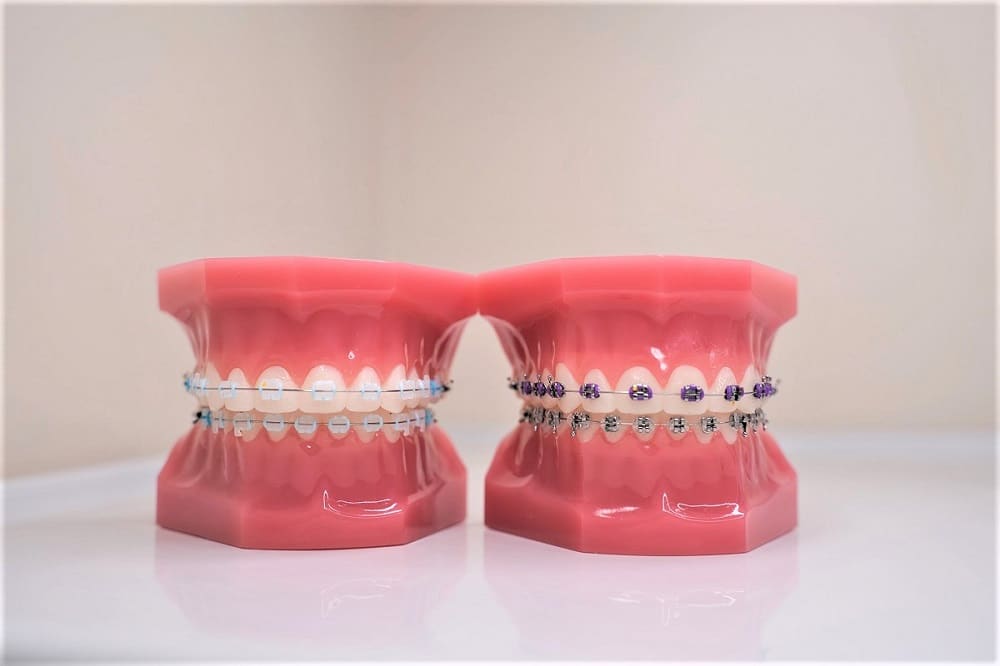Welcome to the premier destination for comprehensive care and relief from allergies and asthma in Illinois. In this informative article, we’ll explore the vital services our clinic offers and how we can help you manage and overcome the challenges of allergies and asthma at the Illinois Allergy and Asthma Clinic.
Understanding Allergies and Asthma
allergies and asthma are prevalent health issues that impact numerous individuals in Illinois and around the world. These conditions can significantly affect one’s quality of life, making it essential to comprehend their nature, causes, and management strategies. In this comprehensive article, we will delve into the intricacies of allergies and asthma, shedding light on their symptoms, triggers, and potential treatment options.
The Complex World of Allergies
Allergies are the body’s overreactive response to substances that are generally harmless, known as allergens. These allergens can vary widely, encompassing pollen from trees and flowers, dust mites, pet dander, and certain foods. When exposed to these triggers, the immune system releases chemicals like histamines, leading to various symptoms.
Common allergic reactions include sneezing, runny or stuffy nose, itchy and watery eyes, skin rashes, and even digestive issues like nausea or diarrhea. Allergies can range from mild to severe, with some individuals experiencing life-threatening anaphylaxis, especially when exposed to allergens like peanuts or bee stings.
The Intricacies of Asthma
Asthma, on the other hand, is a chronic respiratory condition characterized by inflammation and narrowing of the airways. This inflammation can make it difficult for air to flow in and out of the lungs, resulting in symptoms such as wheezing, shortness of breath, coughing, and chest tightness. Asthma symptoms can vary in severity and frequency, with some individuals experiencing mild, intermittent episodes and others facing persistent and severe symptoms.
Triggers for asthma attacks can include allergens like pollen and dust mites, respiratory infections, smoke, exercise, and cold air. Identifying and avoiding these triggers is a crucial aspect of asthma management.
Managing Allergies :
- Identification: Determining your specific allergens through allergy testing is the first step. This allows for targeted avoidance strategies.
- Avoidance: Once identified, avoiding allergens is key. This may involve lifestyle changes, allergen-proofing your home, or dietary modifications.
- Medication: Allergy medications, including antihistamines and decongestants, can help alleviate symptoms. In severe cases, allergists may recommend immunotherapy (allergy shots) to desensitize the immune system.
- Lifestyle Adjustments: Making adjustments like using air purifiers, keeping windows closed during high pollen seasons, and maintaining good hygiene can further minimize allergy symptoms.
Managing Asthma
Asthma management is a comprehensive approach that includes:
- Crafting Your Asthma Action Plan
One of the fundamental pillars of asthma management is the creation of a personalized asthma action plan. Collaborating with your healthcare provider, this plan outlines steps to control your condition effectively. It helps you identify your specific asthma triggers, recognize early warning signs of worsening symptoms, and know how to respond in case of an asthma attack or emergency.
A well-structured asthma action plan typically includes color-coded zones (green, yellow, and red) to categorize your symptoms’ severity and the corresponding actions to take. Regularly reviewing and updating this plan with your healthcare provider ensures that it remains tailored to your changing needs.
Understanding Asthma Medications
Asthma medications play a crucial role in managing the condition. The choice of medications depends on the severity and frequency of your symptoms. Two primary types of medications are commonly prescribed:
- Bronchodilators: These medications help relax the muscles around your airways, making it easier to breathe during an asthma attack. Short-acting bronchodilators provide quick relief during acute episodes, while long-acting bronchodilators offer extended symptom control.
- Corticosteroids: These anti-inflammatory medications reduce airway inflammation, preventing asthma symptoms and exacerbations. Inhaled corticosteroids are the most common form of this medication and are typically used as maintenance therapy.
Understanding your prescribed medications and adhering to the recommended dosage is essential for effective asthma management. Consult your healthcare provider to clarify any questions or concerns about your medication regimen.
Implementing Lifestyle Modifications
Asthma management extends beyond medications to encompass lifestyle modifications. These adjustments can significantly impact your overall well-being and asthma control:
- Identifying and Avoiding Triggers: Recognizing and avoiding asthma triggers, such as allergens or irritants, is crucial. This may involve using air purifiers, practicing good indoor air quality, and making dietary changes.
- Smoke-Free Environment: Maintaining a smoke-free environment is paramount for asthma management. Avoid smoking and secondhand smoke exposure, as they can exacerbate symptoms.
- Regular Exercise: Engaging in regular exercise can enhance lung function and overall health. Consult your healthcare provider to create an exercise plan tailored to your asthma needs.
- Stress Management: Stress can trigger asthma symptoms. Employ stress-reduction techniques like deep breathing exercises, meditation, or yoga to keep stress levels in check.
The Importance of Regular Check-ups
Regular check-ups with your healthcare provider are the cornerstone of effective asthma management. These appointments serve several vital purposes:
- Symptom Monitoring: Healthcare providers assess your asthma symptoms’ frequency and severity, making necessary adjustments to your treatment plan.
- Medication Review: Your provider reviews your prescribed medications, ensuring they remain suitable and effective.
- Education: These visits are opportunities to receive asthma education, empowering you with knowledge to manage your condition better.
- Emergency Preparedness: Healthcare providers can help you prepare for emergencies by ensuring you understand how to use your medications and when to seek immediate medical attention.
The Role of Illinois Allergy and Asthma Clinic
Our Illinois Allergy and Asthma Clinic specializes in diagnosing and treating allergies and asthma. We’re committed to helping you lead a healthier, symptom-free life. Our team of experienced healthcare professionals understands the unique challenges you face, and we provide personalized care to address your specific needs.
Services We Offer
At our clinic, we offer a range of services to support your journey to better health:
- Comprehensive Testing: Our state-of-the-art diagnostic tests can pinpoint the exact allergens triggering your symptoms.
- Customized Treatment Plans: We create personalized treatment plans to manage your allergies and asthma effectively.
- Allergy Shots (Immunotherapy): For long-term relief, we provide allergy shots that desensitize your immune system to allergens.
- Asthma Management: Our asthma management plans help you control symptoms and improve your quality of life.
Why Choose the Illinois Allergy and Asthma Clinic
Choosing our clinic for your allergy and asthma care means you’re selecting a team dedicated to your well-being. Here’s why patients trust us:
- Experienced Specialists: Our doctors and healthcare professionals specialize in allergy and asthma care, ensuring expert guidance.
- Cutting-Edge Technology: We utilize the latest diagnostic and treatment technologies to provide the best care.
- Patient-Centric Approach: Your needs come first, and we work closely with you to achieve your health goals.
Your First Visit
Your first visit to our clinic is an important step towards relief. During this initial consultation, we’ll:
- Review your medical history.
- Discuss your symptoms and concerns.
- Conduct necessary tests to identify allergens.
- Create a personalized treatment plan tailored to your needs.
Managing Allergies
Allergies can disrupt your daily life, but with our help, you can manage and minimize their impact. We’ll identify your specific allergens and create a treatment plan that may include medication, lifestyle adjustments, or immunotherapy.
Controlling Asthma
Asthma doesn’t have to limit your activities. Our asthma management plans help you control symptoms and reduce the frequency of asthma attacks. We’ll work closely with you to ensure you have the tools and knowledge to manage your condition effectively.
Long-Term Relief
Our ultimate goal is to provide long-term relief for your allergies and asthma. Whether it’s through allergy shots or ongoing asthma management, we’re committed to helping you lead a healthier, symptom-free life.
Read for more information:https://www.aascmed.com/conditions/insect-allergy/
Conclusion:
The Illinois Allergy and Asthma Clinic is your partner in achieving better health. We’re here to provide you with expert care, personalized treatment plans, and ongoing support. Don’t let allergies and asthma hold you back; contact us today to schedule your first appointment and take the first step towards a life with fewer symptoms and greater well-being.



